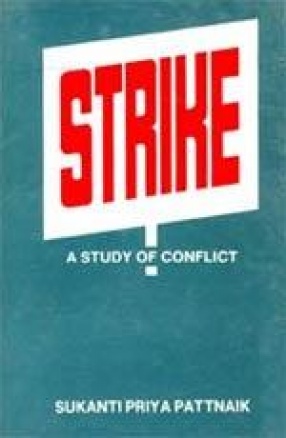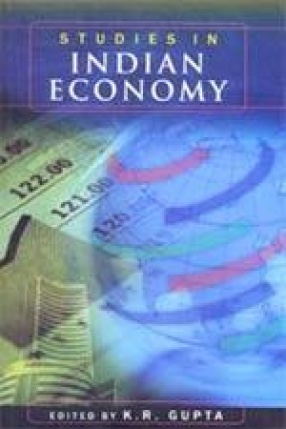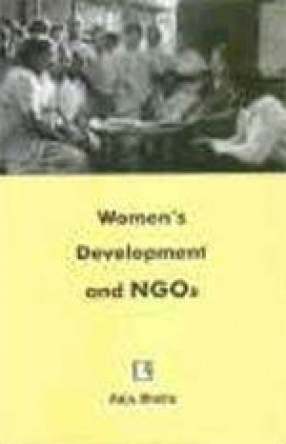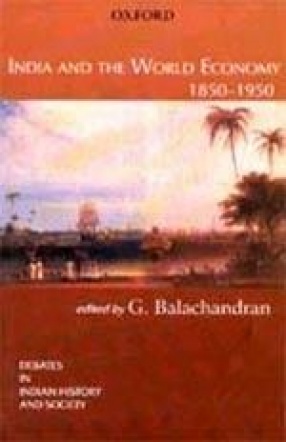Today more and more people are realizing that the proper way of resolving differences is through dialogue, compromise, negotiation and human understanding. Still in recent years we are confronted frequently with strikes and lock-outs. “All wheels stand still, if your mighty arm wills itâ€, a German worker’s song says of the working class. It is in reality: the factories, the machines, the railways, the landlord’s land are all like wheels in a giant machine. When the workers refuse to work. The entire machine stops working. Strike is an instrument of power in the hands of trade unions. Strikes are one of the ways in which the working class struggles for its emancipation. When the workers begin to protest jointly against their employers, workers’ strike begins. The book offers explanations on some of the important aspects of strikes. What significance the strikes have for the struggle of the working, Class? How it acts as a safety value against total breakdown of labour management relations and sealing of all future efforts at collective bargaining? How the working class wins for itself the right to strike? How it is used as an instrument of power in the hands of trade unions? What role the government plays in strikes and what is the impact of legal provisions on strikes? In the second part of the book, the author explains: Why strikes occur? How it varies between industries, between public and private sector? Why some plants are strike-prone? How plant size influences strike? The book is concluded with a note on the future trend of strikes.
Strike: A Study of Conflict
In stock
Free & Quick Delivery Worldwide
reviews
Bibliographic information
Title
Strike: A Study of Conflict
Author
Edition
1st ed.
Publisher
ISBN
8121204453
Length
xxiv+139p., Tables; Bibliography; 23cm.
Subjects





There are no reviews yet.